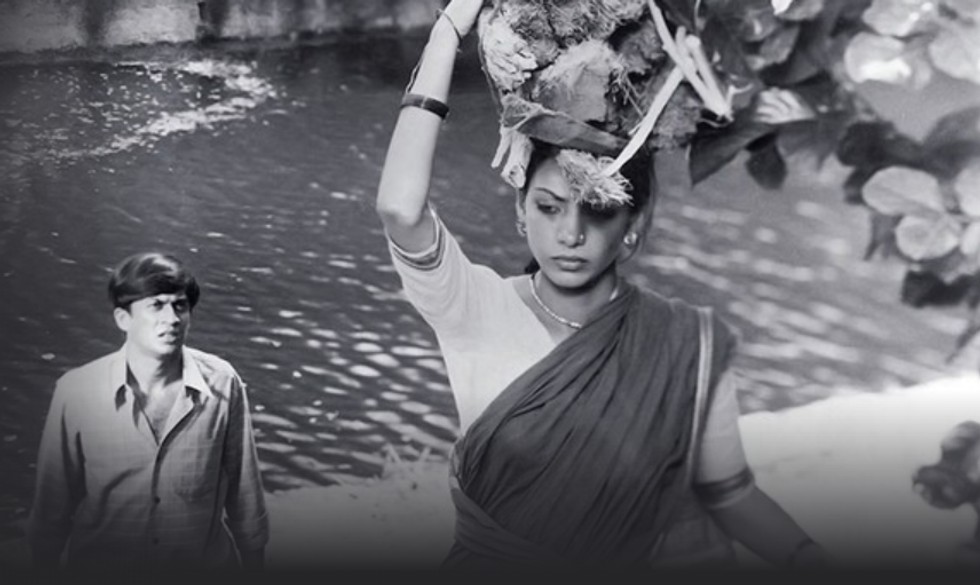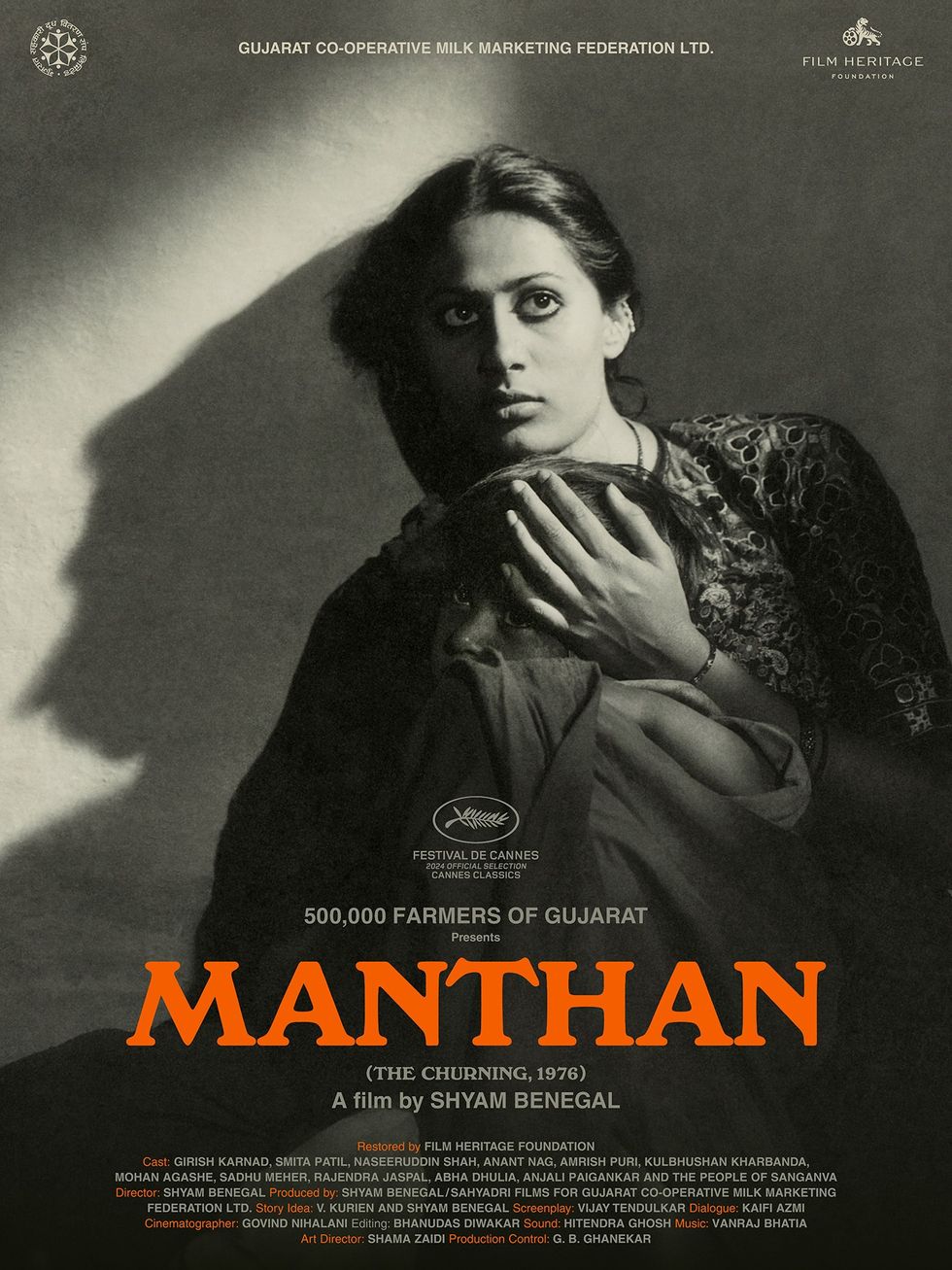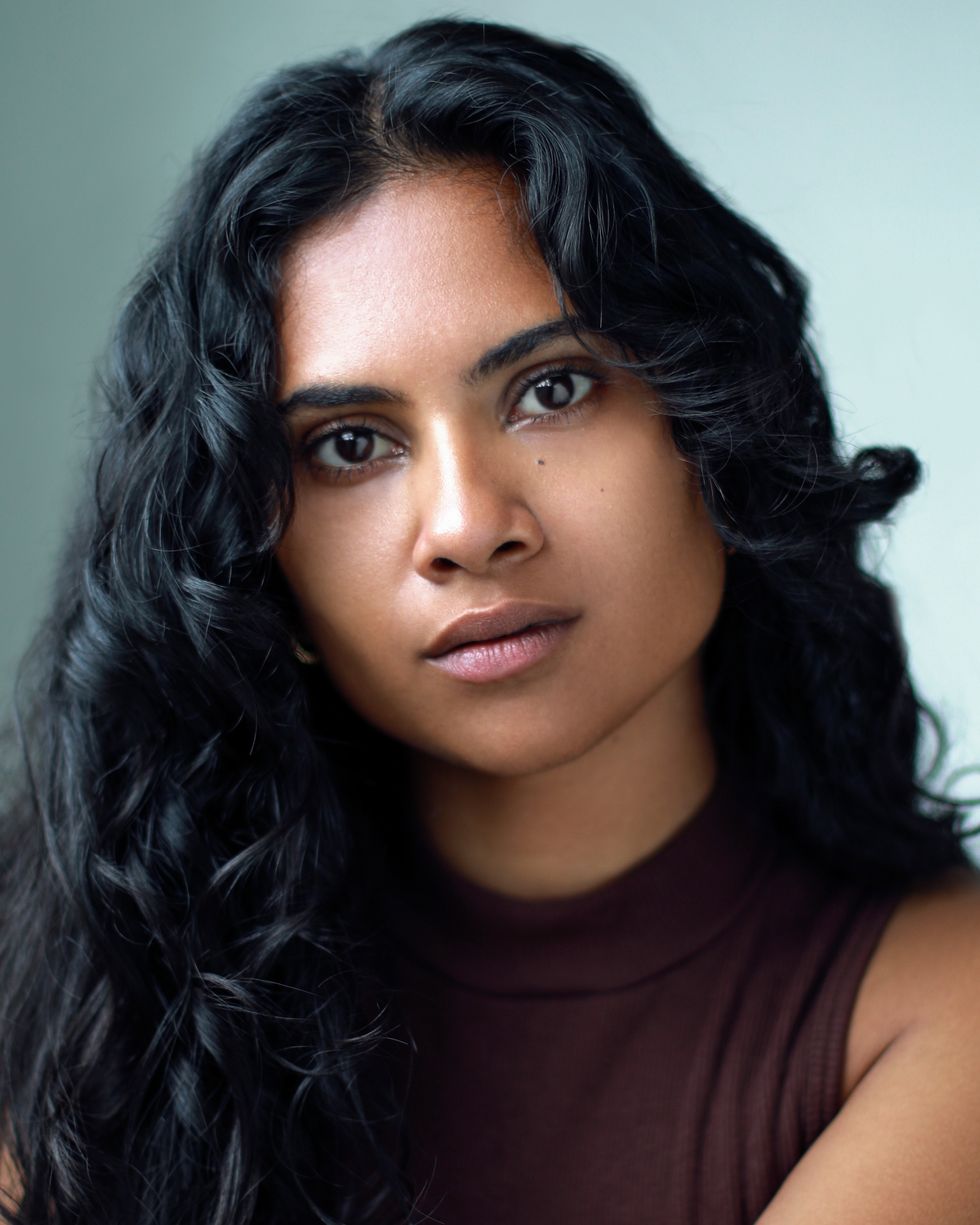WRITER Rabiah Hussain said the idea of her second production, Word-Play, came from listening to the controversial rhetoric of some politicians and seeing the “trickle down effect” it had on society.
Word-Play is centred on a loose-cannon prime minister whose Islamophobic comments go viral and cause uproar in the country.
The play explores how language, especially when used by those in a position of power, seeps into public consciousness and its impact on all aspects of life - from dinner table conversations, to how people are treated in the workplace as well as how media is consumed.
“As a writer, I’m obsessed with language,” Hussain told Eastern Eye. “I was really noticing a lot in terms of the effect of political language and wanted to unpack that.
“This language, since (former US president) Donald Trump, since Brexit, since (UK home secretary Suella) Braverman - I wanted to see how those in power hold language and how that has a trickle-down effect on the rest of society, particularly those who don’t hold that same level of power or who don’t have the platforms to provide a counter argument.”
Word-Play lifts the curtains behind the happenings in Westminster. When the prime minister uses controversial language in a speech, it’s left to his policy advisors and press officers to try and deal with the uproar.
In their desperation to gain control of the situation, they come with ideas such as “let’s dig up reports being done on diversity and keep an eye on the polls” and “let’s release to the media stories of anti- Semitism in the opposition party”.
Hussain said it was deliberate on her part to show her audience how politicians “manipulate” people and how the media are often complacent in this as they refuse to acknowledge it is happening.
“I would never say it’s the responsibility of individuals to highlight these issues, but based on your background or where you are in society, you can’t help but talk about these issues, because you face them in everyday life,” she said.
“And it’s not like artists are immune from these issues; it can still be such a struggle to get certain stories out there.
“As a person of colour, as a working class person, I can’t help but write certain stories, because they are about who I am and what affects me and my day to day life.”
Hussain noted how assumptions are often made of certain communities based on how they are portrayed by both the media and politicians.
“I was really interested in exploring the fact that we’re not given personalities or nuance, like other people in society might have.”
She added: “So many of the stories we hear about the Muslim community sit on the extremes. You’re either a terrorist or you’ve given up your religion and gone the opposite direction.
“I’m really interested in the stories in the middle because those are so varied. They’re so much nuance and personality, and there’s so much more that we’ve got. I hope that we get to a place where we can explore those much more deeply.”
As a British Pakistani, Hussain said some of the political language did affect her personally and said the language used in the political arena isn’t demeaning to only one part of society.

“It’s across the board – it’s anyone who’s not holding that seat of power. It can be based on your race, on your religion, gender, it can be based on your class,” she said.
Hussain explained her views about Braverman, whose comments about the immigration bill sparked a backlash, with even a holocaust survivor saying the home secretary’s language describing immigrants as “invaders” was reminiscent of a Nazi narrative.
“The issue of class really comes into play here in a massive way. It’s something we don’t really talk about, but class is more comparable than ethnicity. They might be brown, but I don’t relate to them and they don’t relate to me, because I don’t come from a similar background in terms of my class,” Hussain said.
In her view, the responsibility to tell these stories lies with those in power commissioning plays from different cultures and who are willing to give a voice to artists from ethnic minority backgrounds.
With Word-Play, Hussain has tried to play her part by having a diverse cast of actors. “When you get a certain platform, you’re like, ‘can I open this up so there’s opportunities for people that don’t always get opportunities’,” she said.
“We still want the best actors, but we also made sure they were people of colour – that was really important to us. They are such a great team, every one of them is a brilliant actor.
“They’re also coming into it with the similar experiences in terms of we all know what it feels like to be affected by the issues of the play. It meant we were able to really work on the play and bring the language and ideas to life.”

As a woman of colour, Hussain said there were moments when she felt uncomfortable in the arts as she felt her “voice was not being heard”. There were times when she had given up, but her love of writing led her to keep trying to break into the industry.
Her persistence paid off when she was selected as a writer for the Kudos TV and Royal Court Theatre Fellowship in Programme 2019. She was also part of the BBC TV dramas writers programme in 2020. Her first production, Spun, played at the Arcola Theatre. She also wrote We Are Shadows, an audio drama tour of Brick Lane for Tamasha Theatre.
Hussain revealed her personal battle to get Word-Play, her second play, made.
She was first diagnosed with ADHD and then, two years ago, had an operation to remove a brain tumour.
“It was quite ironic. I was a writer trying to write a play about language and then I got a brain tumour and as a result of the operation I developed something called aphasia, which affects your ability to communicate and language skills.
“It was quite bad initially, but it’s mild now. I still have some difficulty remembering words and articulating myself - I call them ‘weird brain days’, but it is better than it was.”
- Word-Play is at the Royal Court Theatre from Thursday (20) until August 26






 A scene from Ankur (1974)
A scene from Ankur (1974)














 Neetika Knight
www.easterneye.biz
Neetika Knight
www.easterneye.biz

 Raj Ghatak
Raj Ghatak